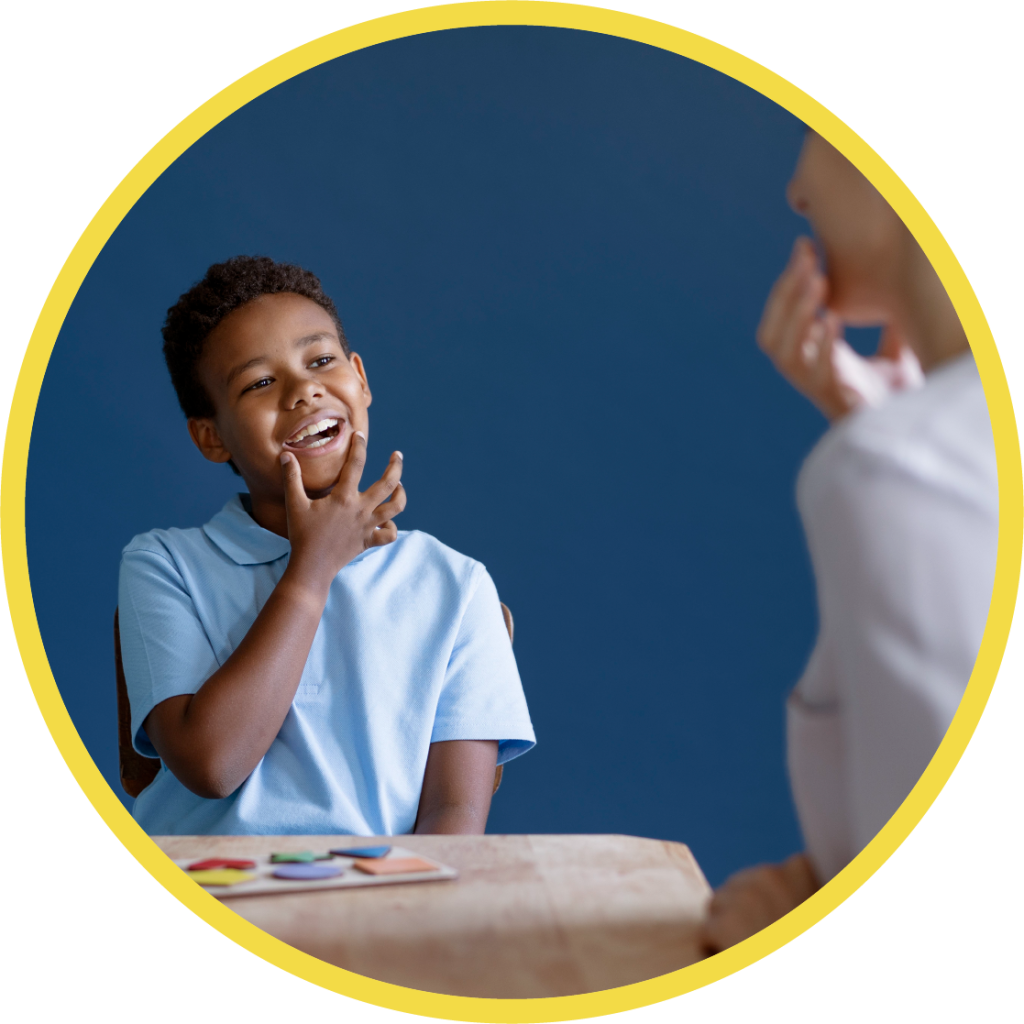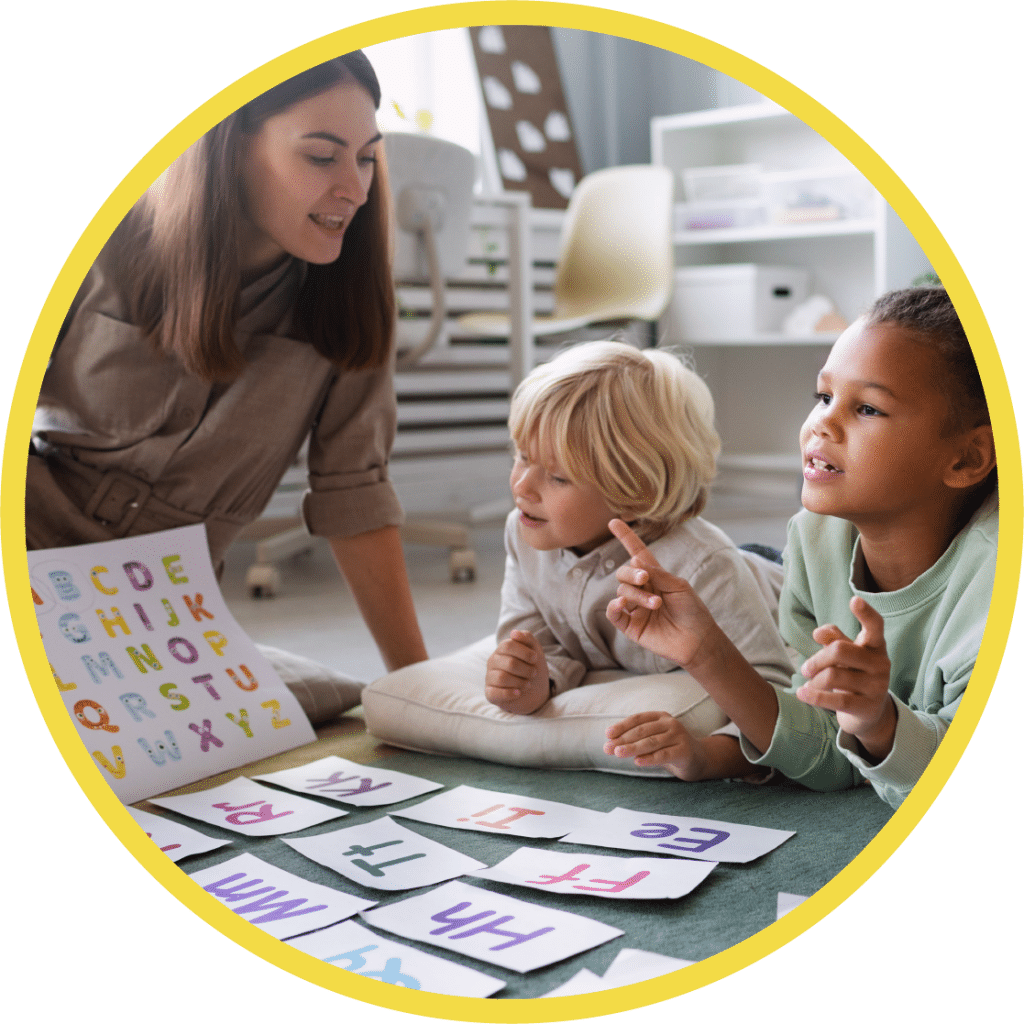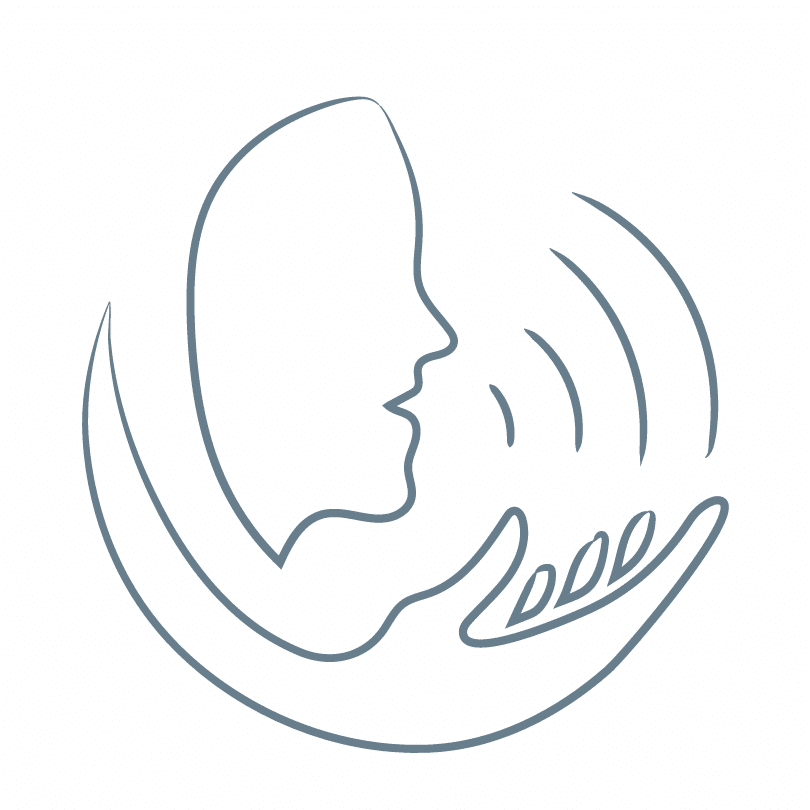Speech Therapy

Speech-language therapy refers to the techniques, strategies, and interventions designed to improve or correct communication disorders. Early intervention for speech and language disorders is essential to prevent further difficulties in school and family time. Our licensed speech-language pathologists can help children improve their communication abilities and therefore set the stage for academic achievement.
More than just words, there are many FACES...
Fluency
This is more commonly known as stuttering. There are many types of fluency errors such as repetition of sounds/words and prolongations. Stuttering can also include secondary characteristics such as eye-blinking, foot stomping and clapping
Articulation
Articulation refers to the ability to coordinate the movements of the mouth to correctly produce speech sounds. There are many different types of errors.
Communication
Communication can be verbal and/or non-verbal. It is how we understand and exchange ideas within our environment.
Eating
Difficulties with feeding can be caused by abnormalities or the inability to coordinate the movements necessary for feeding. Feeding difficulties can also be attributed to how the child responds to food with their senses.
Social Skills
Social skills are the skills need to appropriately interact with others around you. These skills include but are not limited to taking turns, eye contact, gestures, initiating and maintaining conversations.
What Conditions Can Benefit From Speech Therapy?
Kids might need speech-language therapy for a variety of reasons, including:
- Articulation
- Expressive and receptive language disorders
- Hearing impairments
- Cognitive or other developmental delays
- Down syndrome
- Weak oral muscles
- Cleft lip/ palate
- Excessive drooling
- Aspiration and respiratory problems
- Feeding and swallowing disorders
- Motor planning problems
- Autism spectrum disorders
- Traumatic brain injury
- Cerebral palsy
- Tongue thrust

Red Flags
Fluency
Difficulty speaking in front of others, family history, onset later than preschool years, lasting more than 6-12 months for preschool children.
Articulation
Less than 80% of speech comprehensible by the age of 3, parents become an interpreter, child throws a fit when trying to tell you something, difficulty with spelling or phonics, difficulty speaking with other children.
Communication
Cannot follow directions or answer questions, cannot identify objects, no phrases or word connection, no words by 1, no two-word phrases by 2, <1,000 words by 3.
Eating
Aspiration (blue face, red eyes, gagging, coughing), acid reflux, poor weight gain, limited diet/picky eater, problems with taste, texture, and/or temperature.
Social Skills
Poor peer relations, solitary play, cannot play games, shy, peculiar, loner, no friends, aggressive.
Speech Therapy Survey
Complete the appropriate survey for your child to help guide you to your next step.
Speech Survey for 12-18 Month Olds
Survey for 12-18 Month Olds
Speech Survey for 18-24 Month Olds
Survey for 18-24 Month Olds
Speech Survey for 2-3 Year Olds
Survey for 2 or 3 Year Olds
Speech Survey for 3-4 Year Olds
Survey for 3 or 4 Year Olds
Speech Survey for 4-5 Year Olds
Survey for 4 or 5 Year Olds
Let Us Help You
Together, we can help your kid nourish their skills and nurture their growth.


